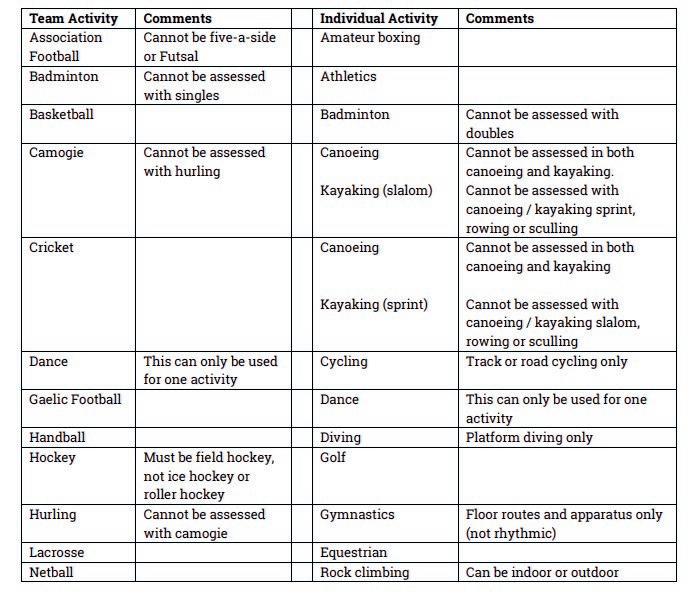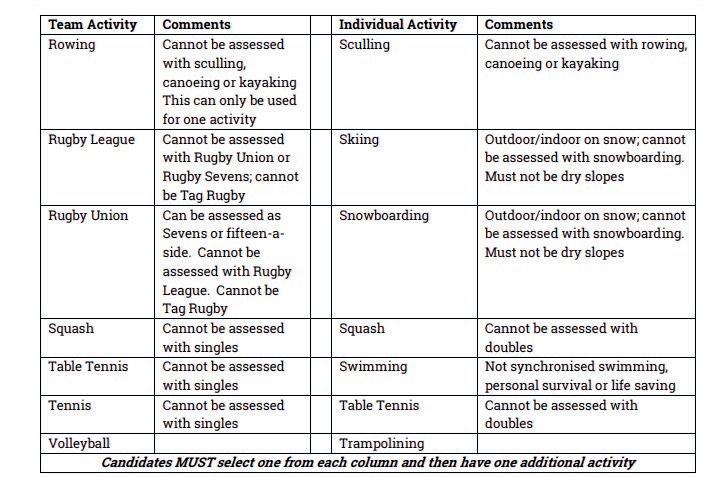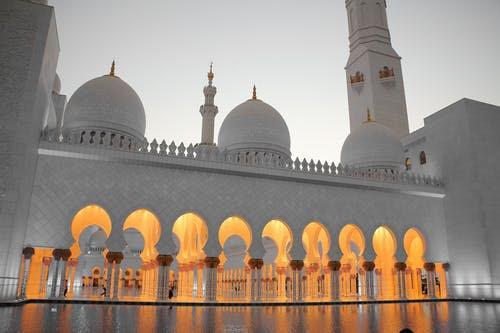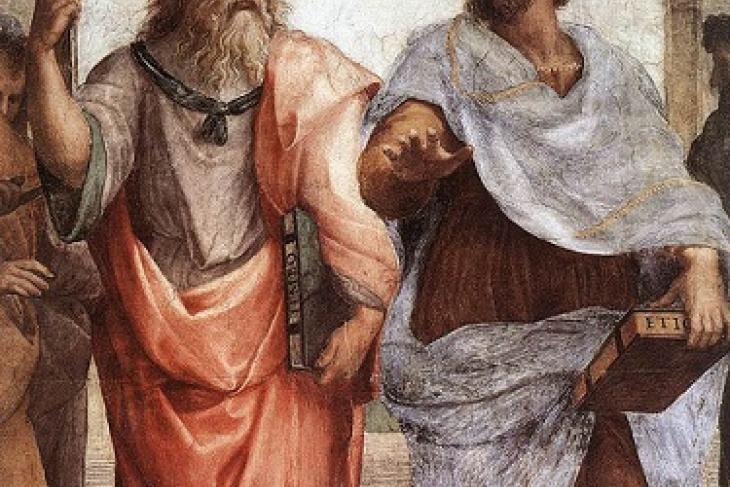
3 minute read
Physical Education - 22
from GCSE Options

For those activities that cannot be shown at School video evidence MUST be provided. For all activities the performer should be showing themselves playing at the highest level possible; often this may be for an out of school organisation. If this is the situation then video evidence is strongly recommended.
Miss C S Irvin Head of Academic PE
Religious Studies
Why should I choose Religious Studies?
Because we explore the key moral and social issues that divide opinions in society today. You will try to make sense of the many religious and non-religious perspectives that add to these debates. Alongside this, you will study the beliefs and practices of two world faiths and their place in 21st Century Britain. Choosing this GCSE will demonstrate to future tutors and employers that you are interested in other people and their ideas, that you can see important issues from more than one point of view. You will be a better pupil, and a better employee, if you can show that you are interested in understanding both yourself and society around you. This makes Religious Studies a good qualification for a wide range of careers; particularly Law, Medicine and all professions which involve front-line work with people.

Do I have to be a believer?
No - some of the best pupils studying Religious Studies have no particular personal faith, but they do have a willingness to understand how other people see the world. The course challenges you to try to understand the attitudes and actions of those who see the world very differently to yourself. You will also develop the skill of presenting your own arguments and justifying your point of view. If, on the other hand, you do have a faith, you will be able to apply your own insights to making sense of how faith inspires others
What will I study?
The course consists of two components:
A) The in-depth study of two religious traditions B) Key issues and questions in contemporary British society
Part A: Belief and Practice
Key beliefs in Christianity
- The nature of God and the concept of Trinity - How the existence of suffering is a challenge - Christian beliefs about creation including why Christians are divided over the accounts in the Bible. - Beliefs about the afterlife and their importance - Different views on Heaven and Hell
- Beliefs and teachings about: - The incarnation and Jesus as the Son of God - The crucifixion, resurrection and ascension - Sin and the means of salvation, including law, grace and Spirit - The role of Christ in salvation including the idea of atonement

The practice topics include:
Worship and festivals
- Different ways of worshipping and their significance - Prayer and its significance, including the Lord’s Prayer, set prayers and informal prayer - The role and meaning of the sacraments, the wide variety of practices and the debates over these - The role and importance of pilgrimage and why its popularity is increasing - The celebrations of religious festivals and their place in modern Britain
The role of the Church in the local and worldwide community
- The role of the Church in the local community, including food banks and street pastors - The place of mission, evangelism and Church growth - The importance of the worldwide Church including working for reconciliation, responding to persecution and helping alleviate world poverty through agencies like Christian Aid
Islamic Beliefs Topics include:
- The nature of Allah - The paradox of Allah’s supreme will and human freedom - The divide between Sunni and Shia Islam - The role and importance of Angels - The role and importance of the Prophets - Beliefs about life after death, justice and judgement - The importance of the Qur’an and other holy books in Islam
Islamic Practice Topics:
- Islamic worship as a way of life - Faith and the public declaration of faith - The significance of prayer in Islam - The importance of fasting - Islamic festivals and their place in UK Society - Alms giving and charity work - The Haji Pilgrimage - The idea of Jihad and what it really means to Muslims









